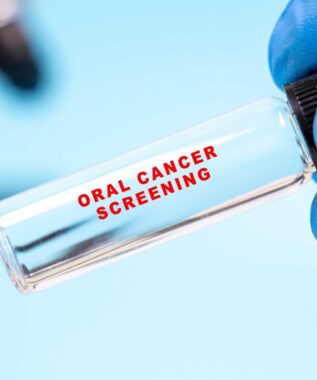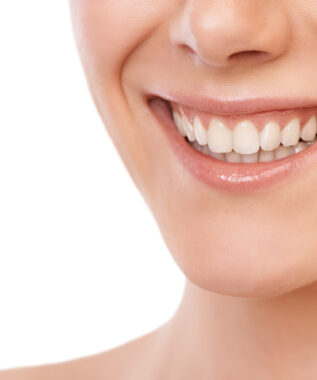 If most people know and stick to good dental hygiene principles, then why do common concerns like tooth decay and gum disease still develop? The truth may be more complex than many people think, and it lies in what you consider good hygiene. For example, simply brushing your teeth twice and flossing once a day isn’t enough to protect your smile if your technique isn’t diligent and your schedule consistent. Today, we take a look at how you can improve your chances of preventing dental health issues by improving the way in which you clean your teeth every day.
If most people know and stick to good dental hygiene principles, then why do common concerns like tooth decay and gum disease still develop? The truth may be more complex than many people think, and it lies in what you consider good hygiene. For example, simply brushing your teeth twice and flossing once a day isn’t enough to protect your smile if your technique isn’t diligent and your schedule consistent. Today, we take a look at how you can improve your chances of preventing dental health issues by improving the way in which you clean your teeth every day.
Look closely as you brush
Most adults have been brushing their teeth every day since they were children, and just because its essential doesn’t mean the repetition of the routine doesn’t get boring. To fight that boredom, it’s easy to brush your teeth as you do other things, or to just space out as you pass your toothbrush back and forth. Doing so will almost ensure that you miss more than one spot of plaque on your teeth, which can defeat the purpose of cleaning them in the first place. Pay close attention by brushing and flossing in front of a well-lit mirror over your bathroom sink, and be sure to clean every surface of your teeth, especially where your gums meet them.
Use a better toothbrush and toothpaste
Even if you pay close attention when you brush and floss your teeth, the quality of your toothbrush and toothpaste will play a big role in how successfully you clean them. For many people, a firmer toothbrush and abrasive toothpaste seem like the best options for cleaning. However, these can also harm your tooth enamel if you aren’t careful, or if you have sensitive enamel. If your brush and paste seem harsh, try a softer toothbrush and less abrasive toothpaste. However, be sure the toothpaste has fluoride included in its ingredients, and the package has the American Dental Association’s (ADA) Seal of Approval.
Don’t forget to floss first
Brushing and flossing go hand-in-hand together, but not everyone realizes how the order in which you do them can impact your hygiene efforts. The point of flossing is to carefully remove any traces of plaque or food particles from between your teeth, and usually, these particles end up on your teeth’s surfaces. Flossing first and brushing after will help you ensure that you thoroughly clean away these particles so they don’t linger on your teeth until you brush them again.
Learn more about improving your hygiene
Your dental hygiene is only as good as your technique, which is why how you brush your teeth is just as important as how often. To learn more, schedule an appointment with us by calling Dreem Dentistry in Leawood, KS, today at 913-681-5500.






